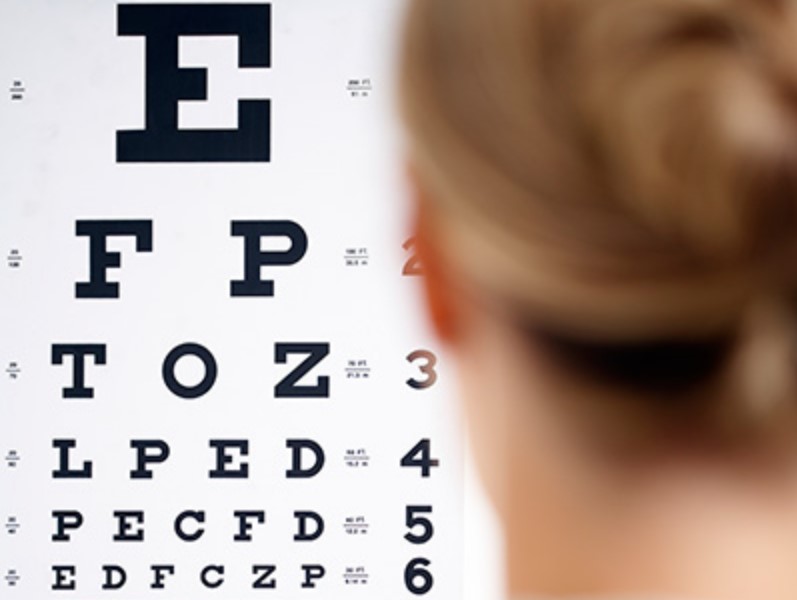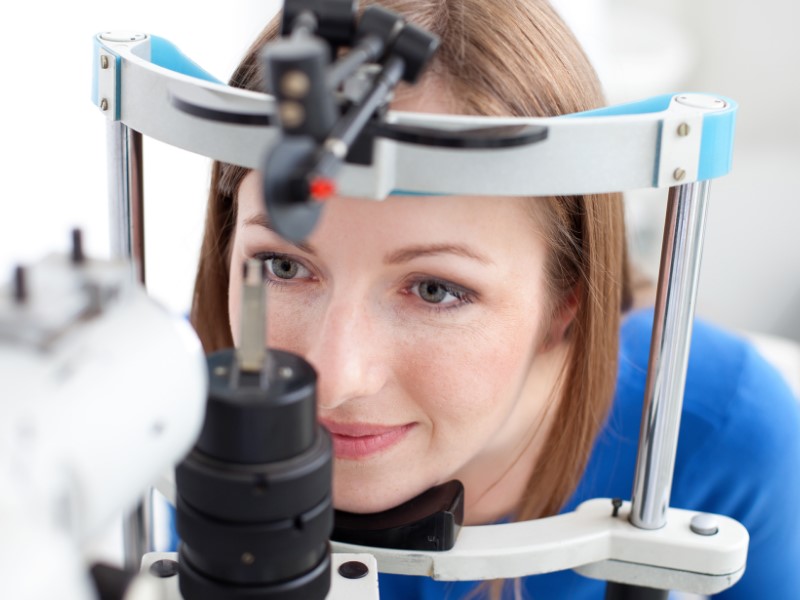Many people often overlook the ophthalmic examination or eye exam when scheduling their preventive health appointments. Most of them even assume that it is already enough to get a basic vision screening.
However, what they don’t realize is that seeing a licensed ophthalmologist or optometrist for comprehensive eye exams is critical for overall health.
Continue reading below to learn more about eye exams.
Table of Contents:
Ophthalmic Examinations vs. Vision Screenings
A vision screening is an inexpensive and quick test that nurses or volunteers perform to check for major vision issues and abnormal visual acuity. During vision screenings, the person will be asked to identify the tiers of letters from a distance of 20 feet.
The screening often tests the two eyes together and every eye individually. If the person tests lower than the 20/40 level, he/she will be referred to an eye care expert for corrective lenses, medical treatment, or contacts.

Ophthalmic examination is a comprehensive eye exam and is performed by ophthalmologists or optometrists. A vision screening is an inexpensive and quick test to check for major vision issues and abnormal visual acuity. The person will be asked to identify the tiers of letters from a distance of 20 feet.
Ophthalmic examinations, on the other hand, are performed by ophthalmologists or optometrists. These comprehensive eye exams include a vision screening together with a series of tests to assess the overall health of a person’s eyes.
During these exams, the eyes are individually checked for signs of serious eye problems including detached retinas, macular degeneration, cataracts, and glaucoma, among other conditions.
Getting regular eye exams no matter what your visual acuity is can help pinpoint serious eye concerns as soon as possible at a time when they can still be treated.
How Frequent Should You Get an Ophthalmic Examination?
Experts suggest the following frequencies for getting eye exams among adults depending on age:
- 65+: every 1 to 2 years
- 55 to 64: every 1 to 3 years
- 40 to 54: every 2 to 4 years
- 20s and 30s: every 5 to 10 years
People who have the conditions below are exempted from the recommendations above:
- Have a chronic disease that can increase the risk of eye disease
- Have a family history of eye disease
- Suffer from eye discomfort or serious vision trouble
- Wear corrective lenses
The following are recommended for children:
- Initial screening between the age of 6 and 12 months
- Routine vision and eye health screenings during childhood to identify any abnormalities as the eyes develop
- Ocular alignment evaluations and visual screening for school-aged children every 1 to 2 years
Other Health Issues Detected During Eye Exams
A licensed doctor can use your eye exam to determine your health in general. Close evaluation of the eyes’ blood vessels can help pinpoint major health issues such as the following:
- Autoimmune disorders
Inflammation in the eyes can indicate an autoimmune disorder like lupus.
- Cancer
Strange eye structure can be a symptom of eye cancer or ocular melanoma, while close observation of the eyelids can help detect skin cancer or basal cell carcinoma.
- Diabetes
Diabetic retinopathy can be identified by blood vessels in the eye’s retina leaking yellow fluid or blood.
- High cholesterol
A yellow ring or tint around the cornea may imply high cholesterol.
- Hypertension
Bends or tears in the eyes’ blood vessels may detect high blood pressure.
- Thyroid disease
Protruding or bulging eyeballs or Graves Disease is a sign of thyroid issues.
- Tumors
Droopy eyelids or irregularly shaped pupils could signify an aneurysm or a neck tumor.
Ophthalmic examination – eye clinical examination – OSCE – Dr Gill
Getting a regular ophthalmic examination is one of the best things you can do to keep your health in check.
Similar Posts From The Same Category:
- How Quercetin Can Help You During Allergy Season
- What are the Risks of Using Cyanocobalamin?
- What is Lion’s Mane good for?
- Could Black Seed Oil Be the All-in-One Natural Cure?
- Boost Your Pre-workout Energy with Cordyceps








